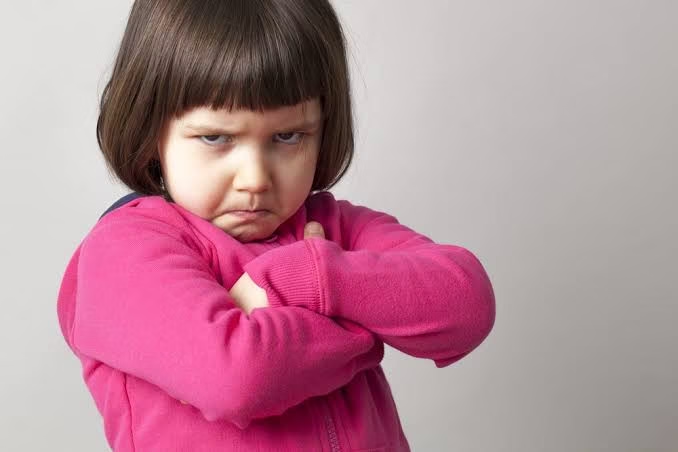Your cart is currently empty!
The Curious Mind: A Homeopathic Perspective on Child Psychology
Introduction
Child psychology, a fascinating realm where the tender minds of the young unfold, offers a unique opportunity to understand the intricate workings of the human psyche. By delving into the depths of a child’s mind, we can gain valuable insights into their behavior, emotions, and cognitive development. In this exploration, we will blend the wisdom of homeopathy, quantum physics, and the philosophies of Nevile Goddard to shed light on the complexities of child psychology.
Defining Child Psychology
Child psychology is the scientific study of a child’s behavioral, cognitive, and emotional development. It seeks to understand how children think, feel, and behave as they grow and mature. By examining various aspects of child development, psychologists aim to identify potential issues, provide support, and optimize a child’s overall well-being.
The Importance of Child Psychology
A strong foundation in child psychology is crucial for several reasons:
- Early Intervention: Identifying and addressing developmental issues early on can significantly impact a child’s future.
- Positive Parenting: Understanding a child’s perspective can lead to more effective parenting strategies.
- Educational Insights: Child psychology provides valuable insights into learning styles and educational approaches.
- Social and Emotional Development: By understanding the factors that influence a child’s social and emotional development, we can foster healthy relationships and positive mental health.
Fundamental Types of Child Psychology
Child psychology encompasses various subfields, each with its unique focus:
- Developmental Psychology: Studies how children change over time, from infancy to adolescence.
- Cognitive Psychology: Examines how children think, learn, and problem-solve.
- Social Psychology: Explores how children interact with others and develop social skills.
- Clinical Child Psychology: Focuses on diagnosing and treating mental health disorders in children.
The Homeopathic Perspective on Child Psychology
Homeopathy, a holistic system of medicine, offers a unique perspective on child psychology. It views the child as a whole, considering their physical, mental, emotional, and spiritual aspects. By understanding the root cause of a child’s behavior, homeopathy aims to address the underlying imbalances and promote holistic healing.
Quantum Physics and Child Psychology
Quantum physics, the study of the behavior of matter and energy at the atomic and subatomic level, offers intriguing insights into the nature of consciousness and reality. By recognizing the interconnectedness of all things, quantum physics suggests that a child’s thoughts and beliefs can significantly impact their experiences and behavior.
Nevile Goddard’s Philosophy and Child Psychology
Nevile Goddard, a renowned metaphysical teacher, emphasized the power of imagination and belief. By understanding the law of attraction and the power of thought, we can influence a child’s mindset and behavior. By cultivating positive thoughts and beliefs, we can create a more positive and supportive environment for a child to thrive.
Research and Statistics in Child Psychology
Numerous studies have been conducted to explore various aspects of child psychology. These studies have provided valuable insights into child development, learning, and behavior. For example, research has shown that early childhood experiences play a critical role in shaping a child’s future. Additionally, studies have highlighted the importance of positive parenting practices, such as providing warmth, support, and consistent discipline.
Analytical Discussion: The Interplay of Nature and Nurture
The development of a child is influenced by a complex interplay of nature (genetics) and nurture (environment). While genetics may predispose a child to certain traits or behaviors, environmental factors, such as parenting styles, education, and social experiences, play a significant role in shaping their development.
The Role of Homeopathy in Child Psychology
Homeopathy can be a valuable tool in addressing a wide range of childhood issues, including:
- Behavioral Problems: Homeopathy can help to calm hyperactivity, reduce impulsivity, and improve focus.
- Emotional Disturbances: It can alleviate anxiety, depression, and mood swings.
- Sleep Disorders: Homeopathic remedies can promote restful sleep and reduce nightmares.
- Developmental Delays: Homeopathy can support a child’s overall development, including cognitive, emotional, and physical growth.
Conclusion
By integrating the principles of homeopathy, quantum physics, and Nevile Goddard’s philosophy, we can gain a deeper understanding of child psychology. By recognizing the interconnectedness of the mind, body, and spirit, we can empower children to reach their full potential. By providing a nurturing environment, encouraging positive thinking, and offering holistic support, we can help children thrive and lead fulfilling lives.
Additional Considerations:
- The Impact of Screen Time: Excessive screen time can negatively impact a child’s development, leading to issues such as attention problems, sleep disturbances, and social isolation.
- The Importance of Play: Play is essential for a child’s cognitive, emotional, and social development. It allows children to explore, experiment, and learn through hands-on experiences.
- The Role of Nutrition: A healthy diet provides the necessary nutrients for optimal brain development and overall well-being.
- The Power of Positive Reinforcement: Positive reinforcement can encourage desired behaviors and boost a child’s self-esteem.
- The Importance of Limit-Setting: Clear and consistent limits can help children develop self-discipline and a sense of security.
By understanding the complexities of child psychology and applying the wisdom of homeopathy, quantum physics, and Nevile Goddard’s philosophy, we can create a brighter future for our children.




Leave a Reply
You must be logged in to post a comment.